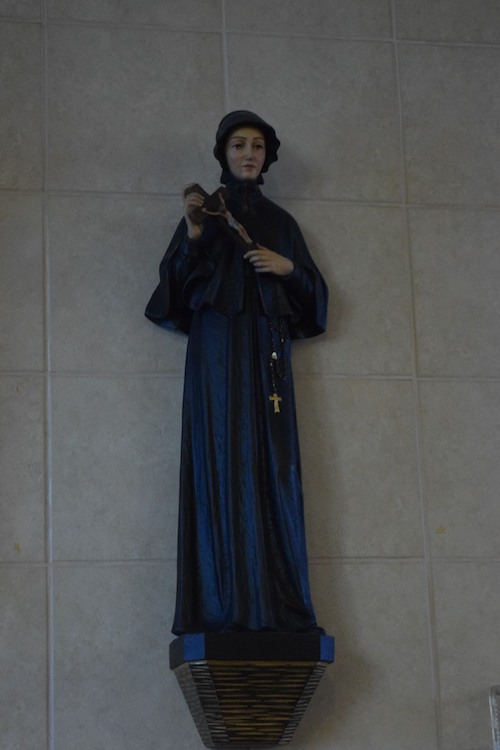The Anointing of the Sick

The Sacrament of Anointing of the Sick is “a particular gift of the Holy Spirit. The first grace of this sacrament is one of strengthening, peace
Prior to Vatican II, this sacrament was more commonly referred to as “Last Rites.” Following the reforms called for in Vatican II, Pope Paul VI encouraged more frequent reception of this sacrament. As a
“If a sick person who received this anointing recovers his health, he can in the case of another grave illness receive this sacrament again. If during the same illness the person’s condition becomes more serious, the sacrament may be repeated. It is fitting to receive the Anointing of the Sick just prior to a serious operation. The same holds for the elderly whose frailty becomes more pronounced.” (Catechism 1515)
Therefore, the Anointing of the Sick is administered to any member of the faithful who is seriously ill due to accident, disease, illness or old age. It can be received more than once, especially if one’s condition worsens. It should not be delayed until the moment when death is near. Anyone who is hospitalized or preparing for surgery may make arrangements for anointing by contacting the rectory at 215-333-4461.
The parish priests will be happy to anoint persons who are in area hospitals and nursing homes upon request. Catholic facilities (i.e., hospitals, nursing homes, or residential care facilities) operated by the archdiocese or by religious communities often have a full-time chaplain on staff to administer the sacraments. If you or your loved one are in such a facility, please check with the facility’s administrators to see if such a service is available.
We encourage all of our parishioners to pray for the sick. A current list of names can be found in the parish bulletin.
